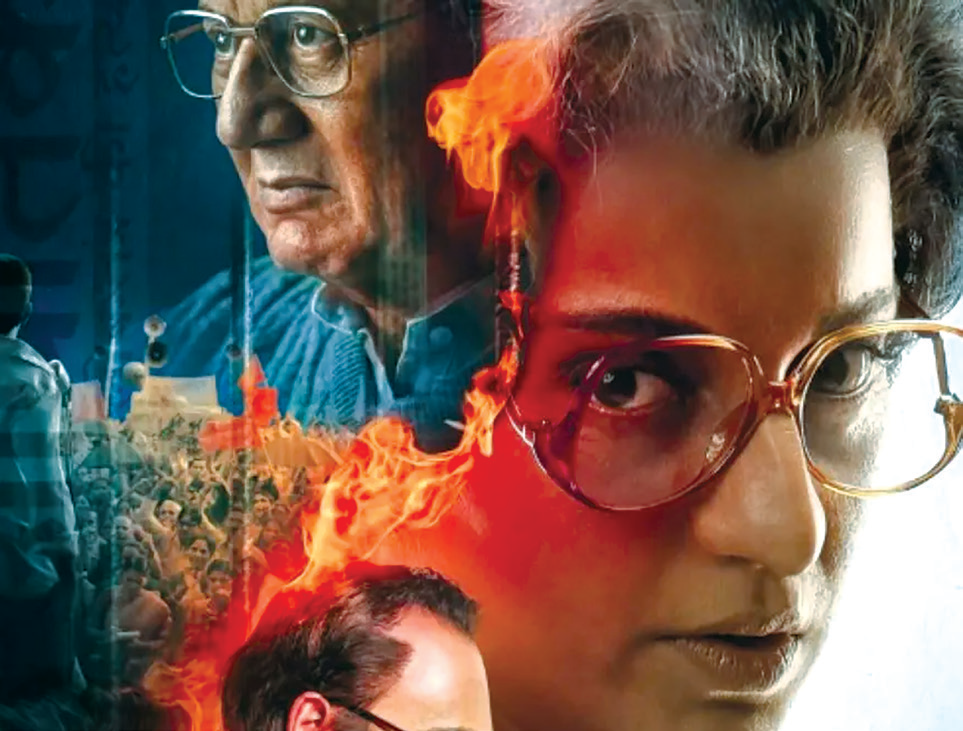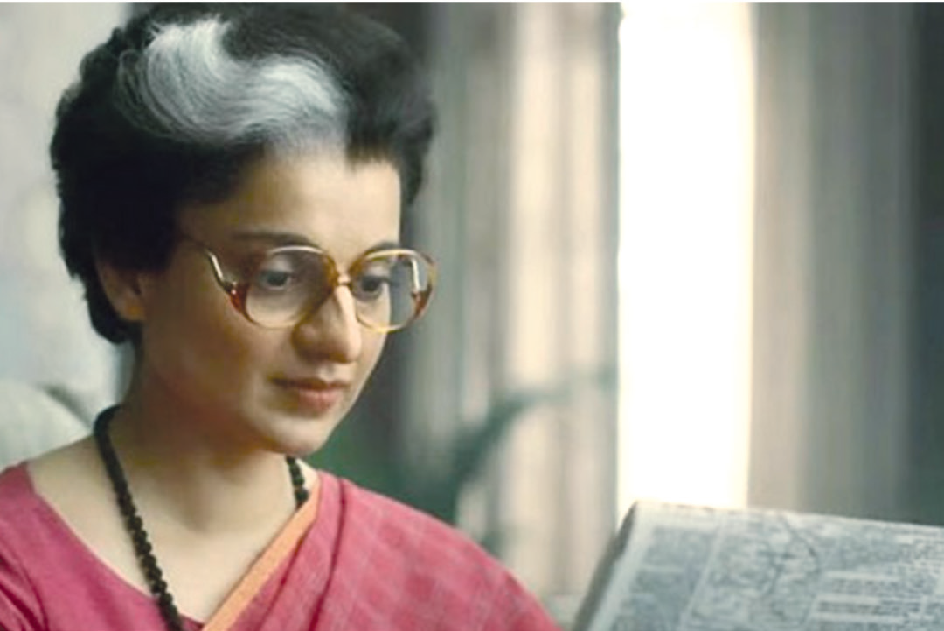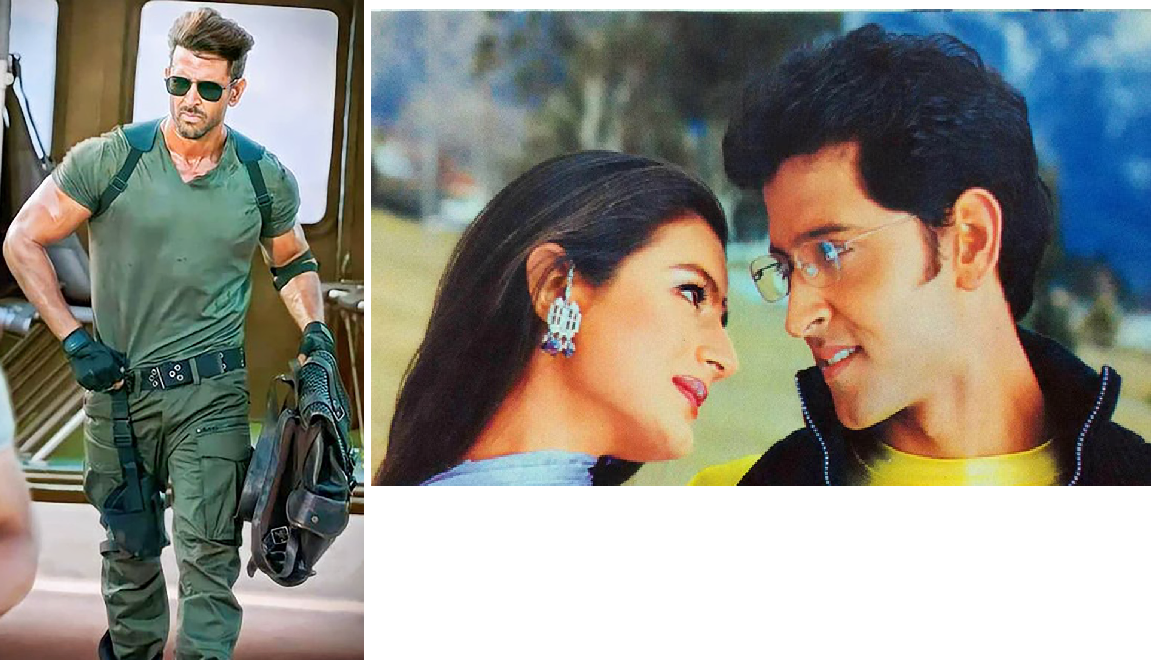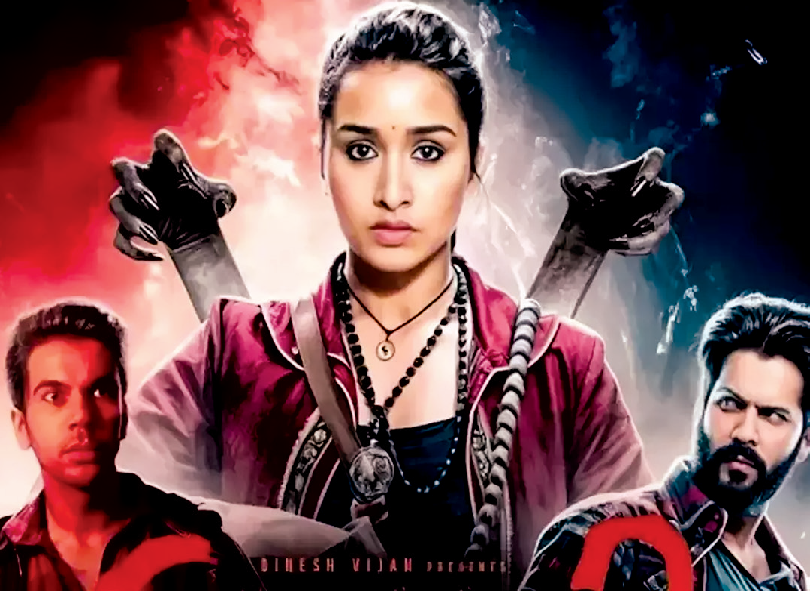
Up Next: The Kattera novel
S Shyam Prasad | NT
Bengaluru: Jadesh K Hampi's name has been echoing more prominently since the release of the Darshan-starrer "Kattera" last week.
The film has emerged as a colossal success, reportedly crossing the Rs. 100 crore mark at the box office within seven days.
Beyond its financial triumph, the film has captivated audiences with its unexpected subject and narrative, earning praise for its courageous depiction of caste inequalities.
However, despite Jadesh's successful directorial track record with three films, there was astonishment in the Sandalwood community to find him credited solely as the story writer for "Kattera."
In an exclusive interview with S Shyam Prasad, Jadesh opens up about the origins of the script and shares his plans for the future.
Q: After three films as a director, why did you decide to pass on your story to another director?
A: It was the perfect moment for this story to come to life on the big screen. A formidable production house, a renowned star, and a skilled director joined forces.
It felt like the natural progression for me. While I might have considered directing the film myself in the future, the alignment of these elements made it the opportune time.
Just as a farmer wishes for prosperity across all fields in the village, I believe in the collective success of the film industry.
Being recognized as the story writer, both within and outside the industry, is an accomplishment I couldn't ask for more.
Q: It's refreshing to see directors working on scripts by others.
A: Indeed, Sandalwood has a tendency to expect directors to double as story writers, which can be a drawback.
A director is a technical expert and the leader of the project, not the entirety of the vessel.
Demanding that a director also assume the roles of a storyteller, screenplay writer, dialogue writer, and lyricist is a stretch.
Unfortunately, scriptwriters often lack the recognition and remuneration they deserve. Tharun Sudhir, having written his own films previously, has paved the way for directors like us to follow suit.
Q: How did the story of Kaatera come about?
A: The 'Holemaari' segment of the script stems from a childhood tale my g reat-g randmother shared with me.
Tharun chose to focus on this narrative, and I proposed enhancing it with a 'Land Reforms' backdrop, forming the second layer. The third layer evolved into an inter-caste love story.
Lastly, the suspense surrounding skeletons and a mass grave drew inspiration from the Annigeri skull excavations.
Tharun and I worked on the placement and unfolding of the plot. While personal experiences can fuel a few film stories, incorporating the experiences of others becomes imperative.
Q: How have people responded to your work in Kaatera?
A: Numerous filmmakers have expressed that they were exploring similar subjects, surprising and validating our film as the first to delve into these themes in recent times.
The public's overwhelming response to the story caught me off guard. While it remains a commercial film, witnessing how people connect with the narrative has strengthened my determination to pen more such stories.
Q: Has everything you wanted to convey made it to the screen?
A: Films have their constraints, and even with three-hour duration, certain aspects couldn't be included as envisioned. Some expressions are challenging to translate from writing to the screen.
Therefore, I've committed to writing the Kaatera novel. This unique endeavor, a novel following the movie, has no fixed deadline, but sooner is certainly better.
 English daily published in Bengaluru & Doha
English daily published in Bengaluru & Doha






